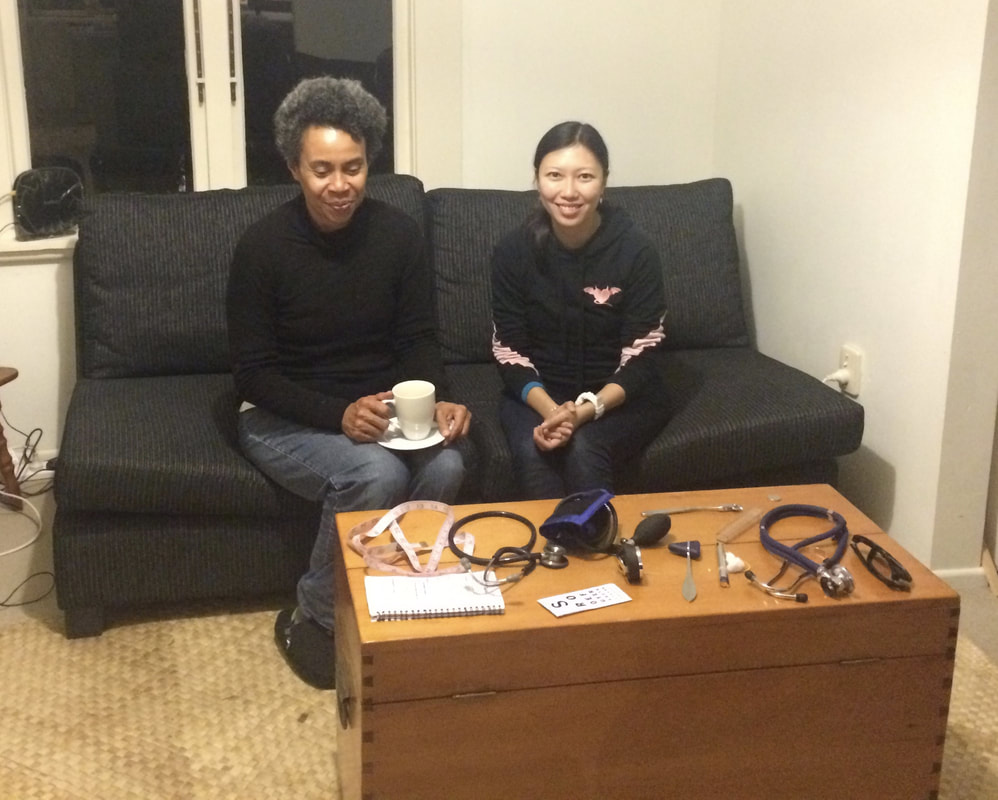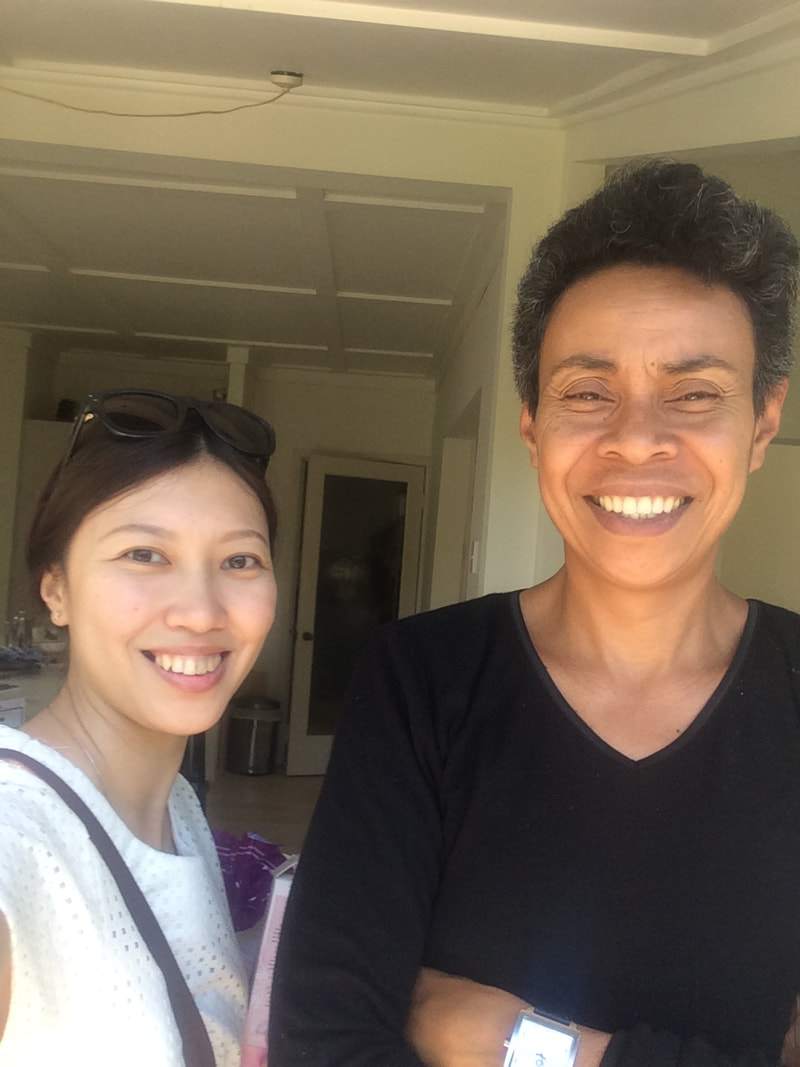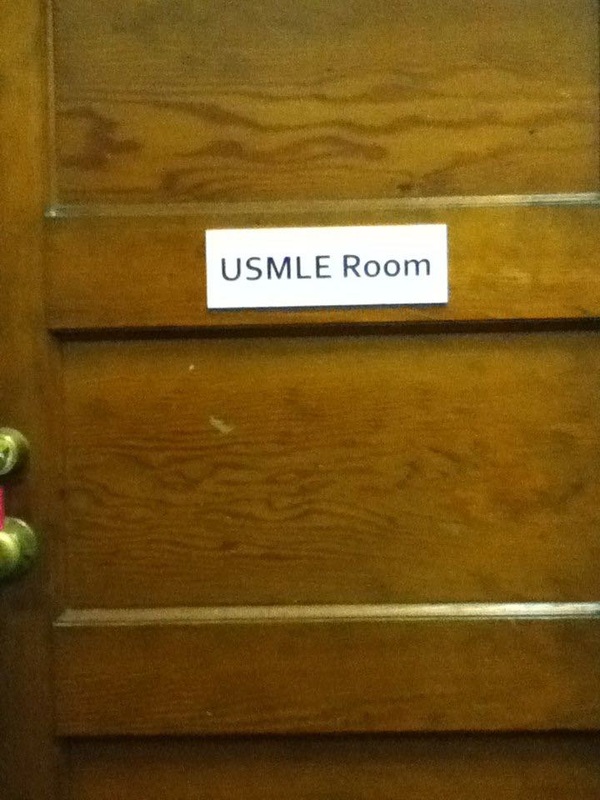Thank you for your effort to read this blog post. I highly appreciate it.
You might have read my other blog My NZREX journey, if you have not, please do as your question might be answered in that post or the comments sections below it.
I decided to write this post, as I realised that so many interest about NZREX and so many questions were asked on my previous blog post. I tried to answer all the questions on the comment section but sometimes they are repetitive, and as I become more busy will take sometimes for me to finally able to answer them. So I think this post will make it easier for people to find the information.
1. Where do I find information about NZREX
Please familiar your self with the eligibility requirements, how to apply and the NZREX schedule trough New Zealand Medical Council website here. Most of the information can be found in the website.
2. I am a specialist in my home country, do I need to sit NZREX prior to work in NZ?
Not every IMG need to sit NZREX, there are several pathways for IMGs depend on where they trained and the degree of training they have. Please do the self assessment to find out if you need to go down the NZREX pathway. Click here to take the assessment.
3. How long do I need to prepare for NZREX?
The amount of time will be all depend on how familiar you are to New Zealand medical system. How confident you are practising medicine in English. How familiar you are with New Zealand culture. How long have you been practising medicine.
There are a lot to cover and prepare. You will need more time to practice if you have not been practising medicine for more than a year, as you will need to get your confident back and your train your speed on physical exam and history taking.
For people who less familiar with New Zealand culture and medical system will need time to research about them and familiar them self with these.
How much time you have to practice every day prior to your exam.
For general example. My study buddy and I have not practising medicine for more than five years when we were taking the exam. We both have been living in NZ for more than five years and pretty much immerse with the culture. We are fluent in English but never practise medicine in English previously. We know very little about the New Zealand medical system. It took us a full six months to be confident to take the exam, and we were practising almost every day. Most people prepare for a year. Some only 4 months.
I suggest book your exam ASAP and start preparing.
4. How long will it take from passing NZREX to getting a house officer job
Well this is the most difficult question, as there are no exact time and there is no guarantee for you to get a job after the exam. So people can get a job immediately (less than 4 months). Some take a few years (1-5 years) Some never getting a job and gave up.
It took me 1.5 years to secure a PGY1 position, after 5 interviews, 18 weeks of observerships in NZ hospitals, Many weeks of observership in the GP practises.
Please note, passing NZREX does not guarantee position as PGY1/HO.
5. Can you please add me to viber group?
Sure. However, the group sometimes reach the limit so I unable to add more people, I will keep trying at random time, but may take time. Please be patient.
Please make sure you have opened an account with viber and send me the right phone number - the one that registered with viber - prior to requesting to be added. This will safe my time and yours.
6. Can I prepare for NZREX from my home country?
Yes. However as this is an OSCE, please find someone that you can practise face to face in your home country on top of skype study partners.
I highly recommend to come to NZ and arrange for observership prior to the exam, so you can familiar your self with NZ culture and medical system if this possible for you.
If you are from non English speaking country and never been to NZ, I highly suggest to make a visit to NZ prior to your exam or deciding to migrate to NZ.
7. How to arrange for observership?
Please contact the hospital or DHBs directly. If you are not a NZ permanent resident or citizen please check with immigration NZ what kind of visa do you need.
I hope this blog post will help answer some of your questions, feel free to ask more questions if you have. I will try to keep updating this post as required.
You might have read my other blog My NZREX journey, if you have not, please do as your question might be answered in that post or the comments sections below it.
I decided to write this post, as I realised that so many interest about NZREX and so many questions were asked on my previous blog post. I tried to answer all the questions on the comment section but sometimes they are repetitive, and as I become more busy will take sometimes for me to finally able to answer them. So I think this post will make it easier for people to find the information.
1. Where do I find information about NZREX
Please familiar your self with the eligibility requirements, how to apply and the NZREX schedule trough New Zealand Medical Council website here. Most of the information can be found in the website.
2. I am a specialist in my home country, do I need to sit NZREX prior to work in NZ?
Not every IMG need to sit NZREX, there are several pathways for IMGs depend on where they trained and the degree of training they have. Please do the self assessment to find out if you need to go down the NZREX pathway. Click here to take the assessment.
3. How long do I need to prepare for NZREX?
The amount of time will be all depend on how familiar you are to New Zealand medical system. How confident you are practising medicine in English. How familiar you are with New Zealand culture. How long have you been practising medicine.
There are a lot to cover and prepare. You will need more time to practice if you have not been practising medicine for more than a year, as you will need to get your confident back and your train your speed on physical exam and history taking.
For people who less familiar with New Zealand culture and medical system will need time to research about them and familiar them self with these.
How much time you have to practice every day prior to your exam.
For general example. My study buddy and I have not practising medicine for more than five years when we were taking the exam. We both have been living in NZ for more than five years and pretty much immerse with the culture. We are fluent in English but never practise medicine in English previously. We know very little about the New Zealand medical system. It took us a full six months to be confident to take the exam, and we were practising almost every day. Most people prepare for a year. Some only 4 months.
I suggest book your exam ASAP and start preparing.
4. How long will it take from passing NZREX to getting a house officer job
Well this is the most difficult question, as there are no exact time and there is no guarantee for you to get a job after the exam. So people can get a job immediately (less than 4 months). Some take a few years (1-5 years) Some never getting a job and gave up.
It took me 1.5 years to secure a PGY1 position, after 5 interviews, 18 weeks of observerships in NZ hospitals, Many weeks of observership in the GP practises.
Please note, passing NZREX does not guarantee position as PGY1/HO.
5. Can you please add me to viber group?
Sure. However, the group sometimes reach the limit so I unable to add more people, I will keep trying at random time, but may take time. Please be patient.
Please make sure you have opened an account with viber and send me the right phone number - the one that registered with viber - prior to requesting to be added. This will safe my time and yours.
6. Can I prepare for NZREX from my home country?
Yes. However as this is an OSCE, please find someone that you can practise face to face in your home country on top of skype study partners.
I highly recommend to come to NZ and arrange for observership prior to the exam, so you can familiar your self with NZ culture and medical system if this possible for you.
If you are from non English speaking country and never been to NZ, I highly suggest to make a visit to NZ prior to your exam or deciding to migrate to NZ.
7. How to arrange for observership?
Please contact the hospital or DHBs directly. If you are not a NZ permanent resident or citizen please check with immigration NZ what kind of visa do you need.
I hope this blog post will help answer some of your questions, feel free to ask more questions if you have. I will try to keep updating this post as required.





 RSS Feed
RSS Feed